You have many choices for Black History month. Many repertory cinemas are showing titles that expound on the issues of race and inequality. The National Film Board, at nfb.ca, has documentaries you can watch for free.
Elsewhere, watch for one I reviewed a few weeks back, Descendant. It's a first-rate documentary about the lingering controversy about the last ship that brought slaves to the United States. It was already illegal at the time and the incident was hidden for years. Now people are making it known again and even talking about reparations. A Canadian lumber company could even be a target.
I cover three films touching on Black history today but start and end with a couple of comedies.
80 For Brady: 2 ½ stars
Black Ice: 3 ½
Saint Omer: 4
You People: 3 ½
Stars Fell Again: 2
80 FOR BRADY: You don't have to be a football fan to enjoy this one. In fact, it would be better if you're not because you'd cringe at what happens in it. And anyway it's not that much about football; it's about friendship among four old ladies (three in their 80s, one in her 70s) who are fans. They're played with genuine star power by Jane Fonda, Lily Tomlin, Sally Field and Rita Moreno. They make it look easy, maybe because they're friends in real life too. Fonda and Tomlin just finished a seven-season series on Netflix and have another movie coming out next month. This one is based, loosely I suspect, on a true story.
The four women idolize Tom Brady, the quarterback at the time for the New England Patriots, and are bent on going to Texas to see him play in the 2017 Super Bowl. They win tickets, get heavily involved in the “NFL Experience” while they're there and with impossible luck do get into the game. But then, what a fantasy it becomes. Tomlin's character affects the game itself. It's legendary: the only Super Bowl that was decided in overtime. She also has visions (after ingesting some pot-laden gummies) that Brady speaks to her from a giant TV screen.
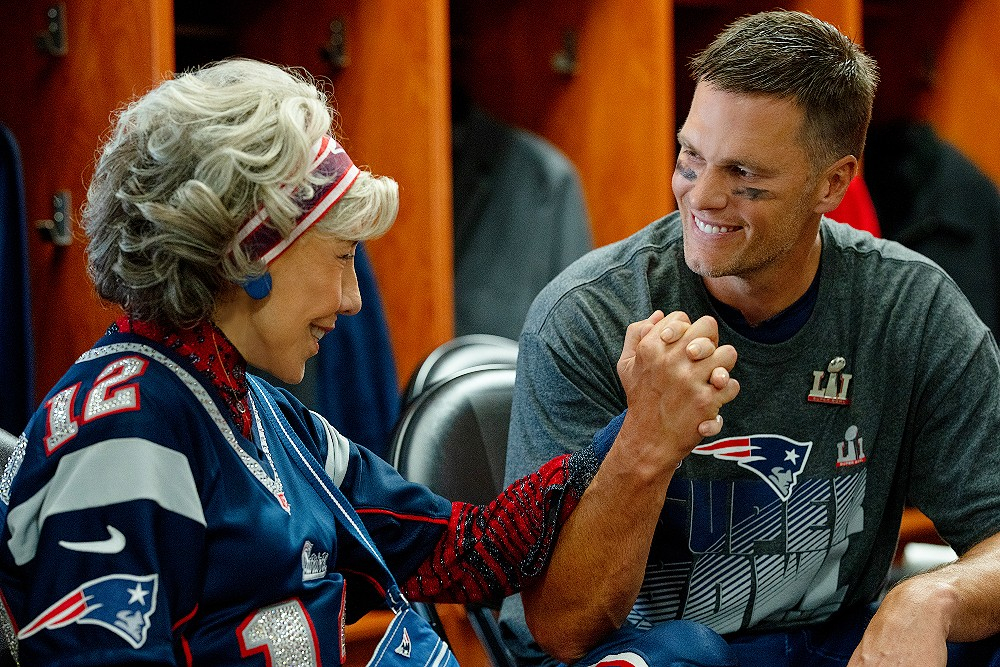
Brady, who this week announced he's retiring from football, is the film's producer. He's also in it briefly. But it's the women who you've come to see. They're endearing though it takes a while for the film to pick up the pace and the humor and let them shine. (In theaters) 2 ½ out of 5
BLACK ICE: Particularly relevant now during Black history month, this documentary takes on our most cherished national pasttime. Hockey. It's quite an eye-opener and makes its case forcefully, though I don't agree with all of it. Systemic racism is hard to prove. There are always players, fans and parents who'll shout out comments, particularly the N word. But are they idividuals or do they represent something systemic in the culture of hockey? The film argues it is ingrained and proves it with recollections from players who've felt it. Most are from minor leagues, though NHL'er P. K. Subban (a consulting producer), Wayne Simmonds, of the Maple Leafs, and Willie O'Ree, the first Black to play in the league, add important comments. And we also hear about players who were not taken in by the NHL, like Herb Carnegie from Scarborough.
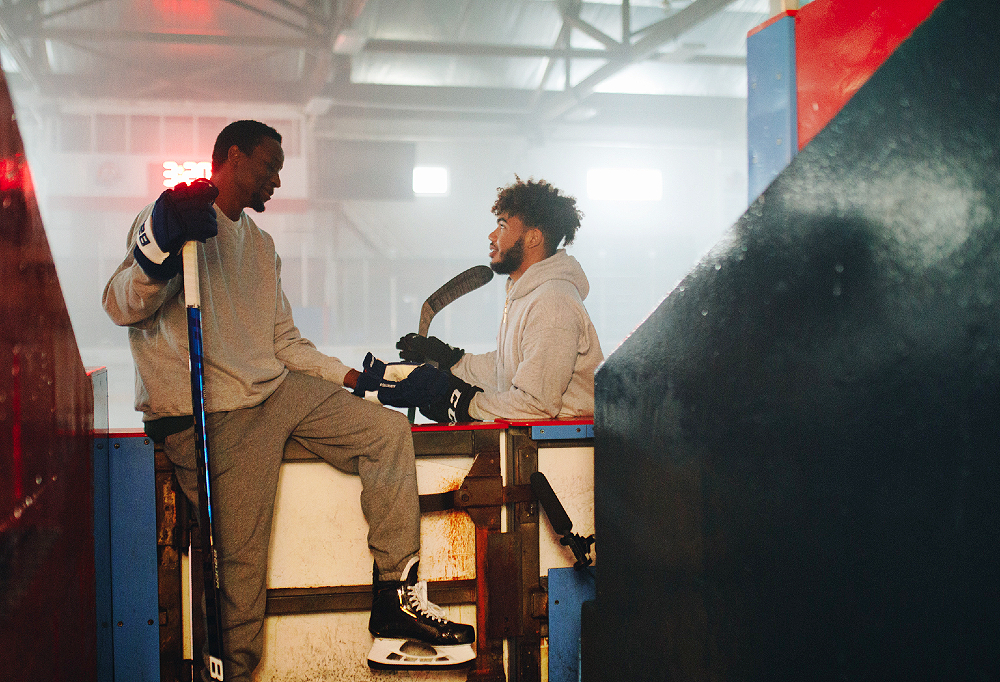
The film started as a piece of history about the Colored Hockey League that operated in Nova Scotia from 1894 to the 1930s. Blacks thrived as players because they felt accepted and got to play. They even introduced innovations, like the slap shot, which Bobby Hull later used so well. The film takes a wide view. Trying to get into the NHL was like “running into a wall” says one player. Few dared speak up. They didn't want to make a scene, says one. Coaches didn't want to change. The film was directed by Hubert Davis of Vancouver who's father was a basketball pro and taught that sport. Hockey's culture is worth contemplating this month. (In a few theatres and now on TSN and streaming on CRAVE). 3 ½ out of 5
SAINT OMER: This is a tough one to recommend for Black History month. It deals with a young mother in France who abandoned her child to die at the seashore. But grim as that sounds, the film is eminently watchable. It's a courtroom drama with dramatic, sometimes fiery, interchanges that'll keep you entranced. And pondering how much psychological baggage and superstition some immigrants are burdened with long after they arrive. In this case the mother is from Senegal. Her daughter was 15-months old and she claimed in court that she was the victim of sorcery. She's mad, says a lawyer. She needs medical care.
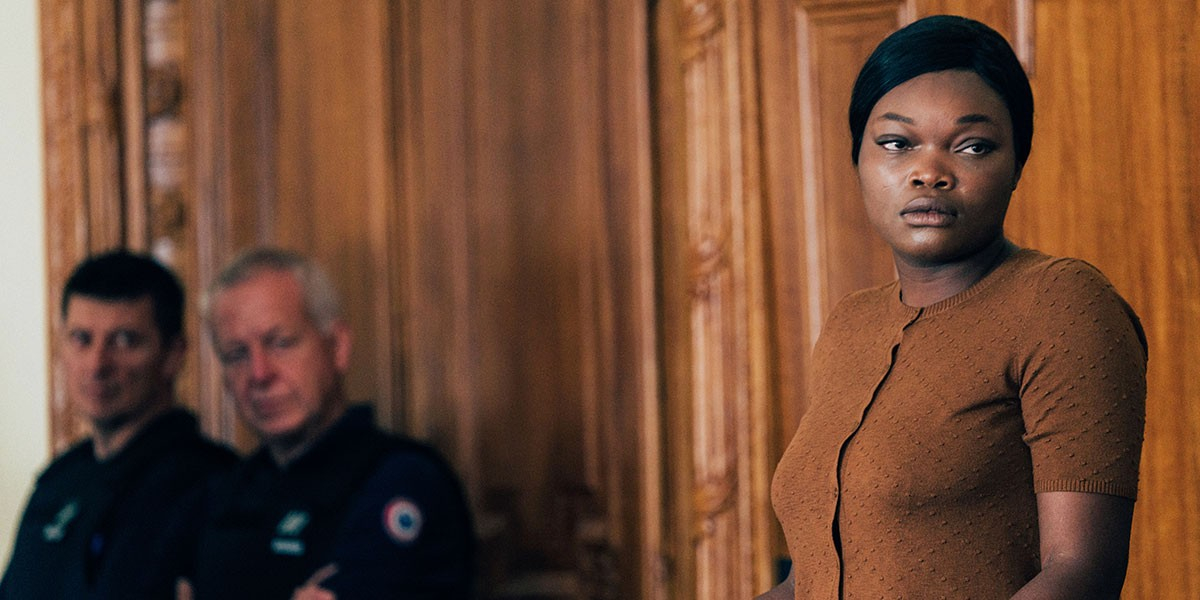
We get her whole story as the case proceeds, largely through direct questions from the judge. She was trying to write a thesis on the philosopher Wittgenstein but abandonned the project as depression overcame her. She felt isolated, “invisible.” She says “we women are all chimeras” (like the mythical monster). The story is based on an actual trial. Alice Diop, the director, went to watch it and then directed this fictionalized version. With her background in documentaries she gave it a strong realistic bearing. It's a first-class film, stocked with ideas to mull over, and was a big winner at the Venice festival last year. (In arthouse theaters) 4 out of 5
YOU PEOPLE: You could add this to your menu for Black History Month. For one thing, it's got Eddie Murphy in it. He's always welcome but his appearances are fairly rare these days. And the film is very funny in dissecting race relations in an every-day, at-home kind of way. Some of it is right there around a dinner table. For instance: consider this awkward question that comes up: what damaged people more slavery or the Holocaust?
Murphy plays a Black Muslim whose daughter (Lauren London) is to marry the son (Jonah Hill) of rich Los Angeles Jews. Julia Louis-Dreyfus plays his mother, and she's very funny too.
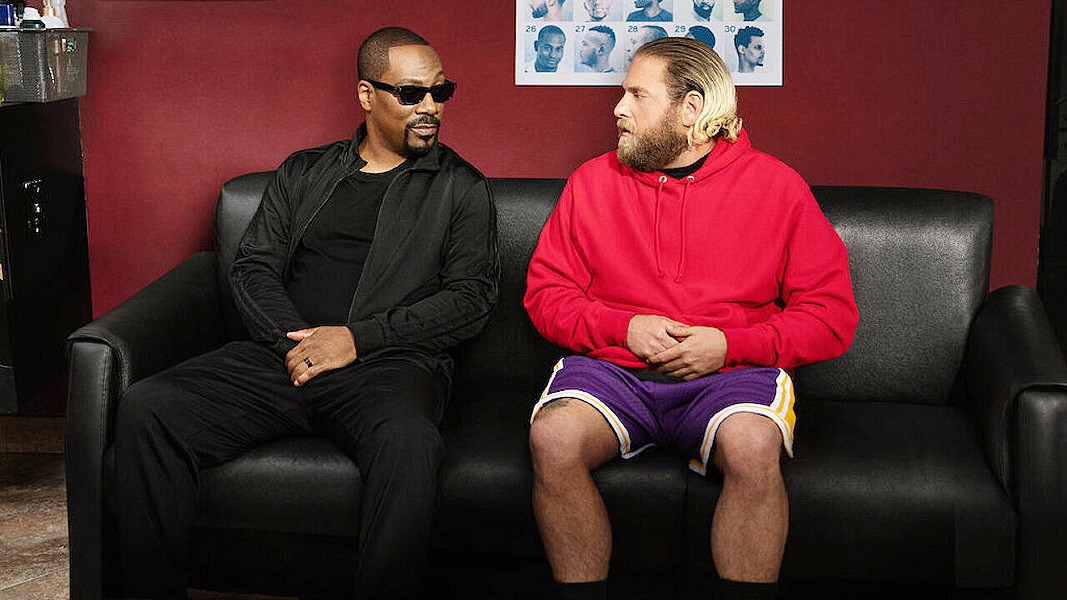
Naturally the parents are on different sides on the question, and on many other issues. They're played out in brittle conversations. Murphy's character is an accolyte of Louis Farrahkan the firebrand black supremicist and wears a kufi he got from him personally. You can see the incompatibility that will emerge around that table. It's a comedy of manners, sharply written and crisply performed. Director Kenya Barris, known for sit-coms, wrote it with help from Murphy, Hill and Louis-Dreyfus. They blend well. And watch for many cameos by people like Hal Linden, Richard Benjamin and Elliot Gould and larger roles by David Duchovny and Rhea Perlman. (Netflix) 3 ½ out of 5
STARS FELL AGAIN: I didn't realize we wanted a sequel to a pleasant but minor film of two years ago. But we've got it and the same couple that got together in Stars Fell on Alabama are in Portland, Oregon this time. James Maslow as Bryce and Ciara Hanna as Madison are visiting her family for Christmas. She was a charmer in that first film and is again in this more convoluted tale. Bryce wants to propose marriage but he's upstaged by his paramour's sister who has suddenly started plans for a wedding of her own. In just two days.
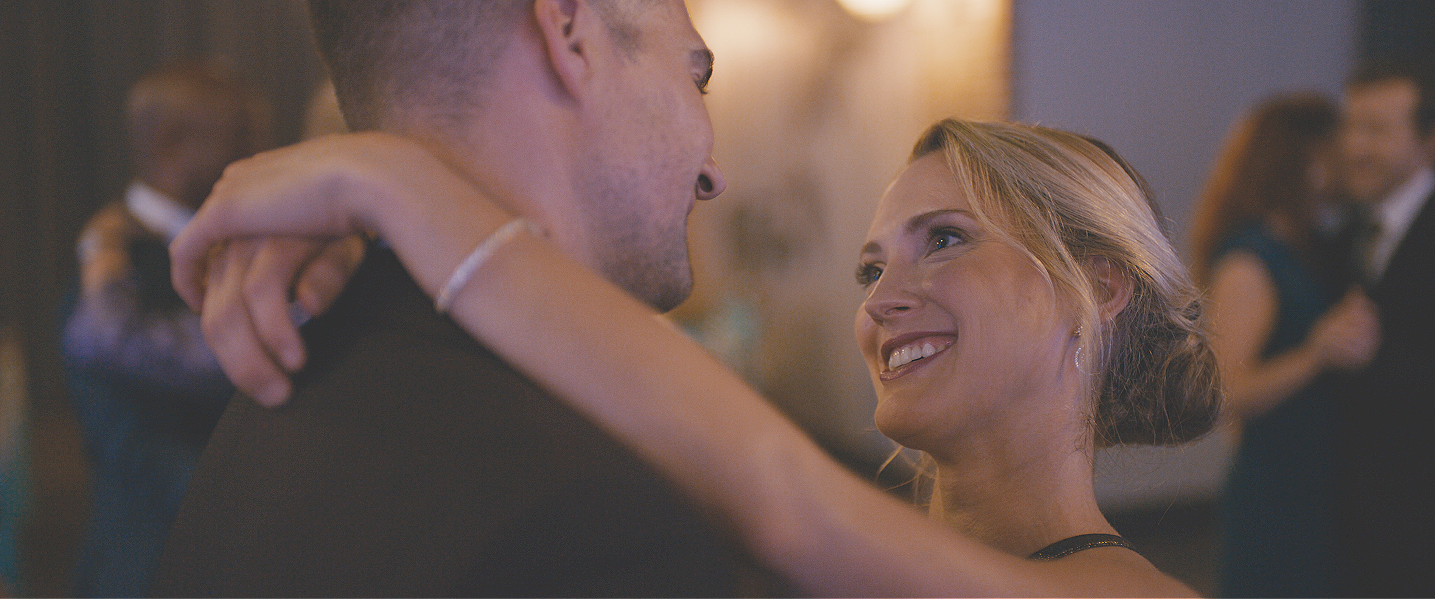
So when can he propose? Does he have to talk to the parents first? How long can he keep quiet about his intentions? They're all important questions if you're concerned with correctness and formality. His best friend has one answer: “You do not find the right time.”You make it.” Not so easily done though, as the script shows, and sometimes belabors. Various combinations of these characters get into conversations about the issue. There's also a major problem: one character has feelings for somebody of the other couple. It feels artificial and like the first film: amiable but minor. (VOD/Digital Release) 2 out of 5

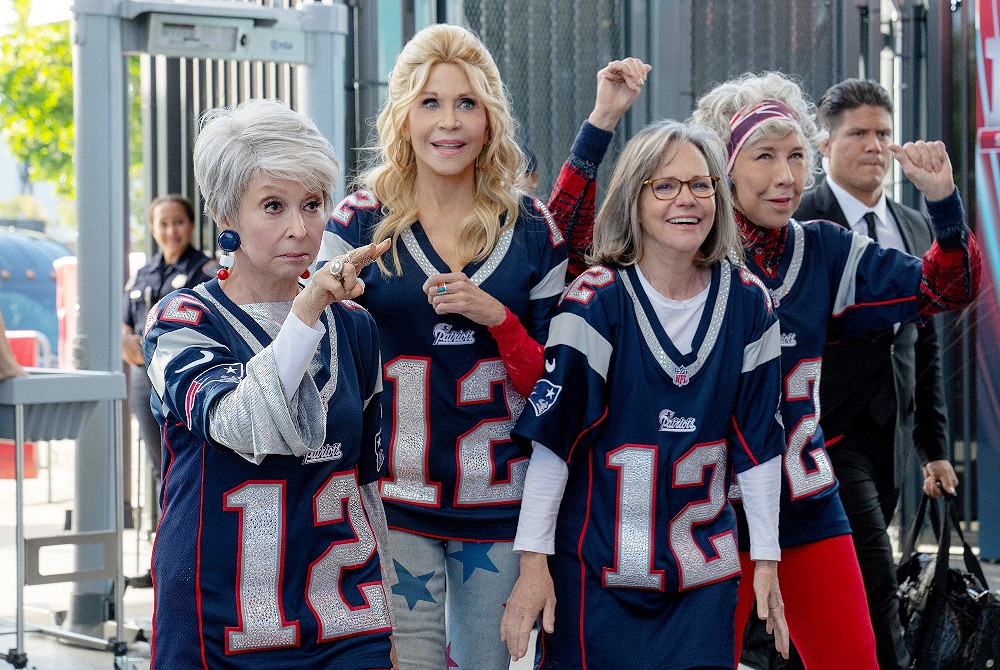
Comments